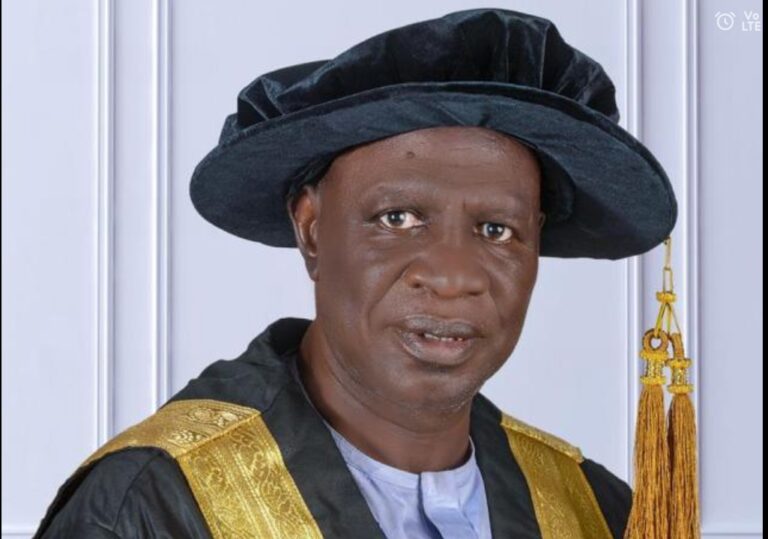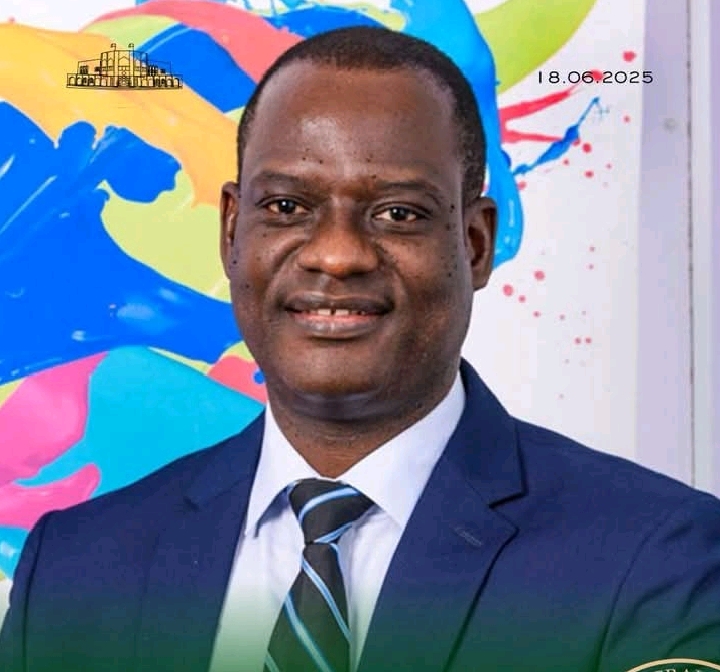Deaths in London: Need to Halt Medical Tourism II By Prof M. K. Othman

Deaths in London: Need to Halt Medical Tourism II
By
Prof M. K. Othman
The involvement of the private sector in building top-tier hospitals, as mentioned earlier, is simply a shortcut to stopping medical tourism in Nigeria. However, the health sector, like education, needs a comprehensive approach after conducting a SWOT analysis. The truth is, Nigerian medical experts are highly sought after in Europe, the Middle East, and the United States. Their stories of excellence not only earn respect and attention but also fill us with pride as Nigerians whenever we meet peers from different nations. These talented Nigerians have worked hard to stand out and have earned the respect of their international colleagues. Some of these medical professionals include Professor Sarki Abba Abdulkadir, Dr. Njideka Udochi, Professor Onyema Ogbuagu, and Professor Iyalla Elvis Peterside, among others. To truly stop medical tourism, we need systemic reforms in our healthcare system.
These medical experts have distinguished themselves from the crowd and become outstanding Nigerian ambassadors in the global medical arena. Each has a long track record of success in their field. For example, my fellow Abusite, Professor Sarki Abba Abdulkadir, is a world-famous pathologist and a top-tier medical doctor. Prof. Abdulkadir is on the same pedestal as British scientists like Isaac Newton and Albert Einstein from the 18th and 20th centuries. In the 1980s, when miracle centers did not exist, the teenage Abdulkadir scored eight A1s and one A2 in his West African Senior School Certificate (WASC) Exams, a feat officials found unbelievable at the time. To verify this, a car was sent to pick up 16-year-old Sarki Abba directly from Government Science Secondary School, Dawakin Tofa in Kano State, where he was made to retake all nine exams over three days. After grading the retakes, Sarki Abba Abdulkadir earned nine A1s (the only ‘A2’ he had in English Language was upgraded to an A1 after the retake). Today, Abdulkadir is the John T. Grayhack Professor of Urological Research, serves as Vice Chair for Research, and is also a Professor of Urology and Pathology, as well as a member of the Robert H. Lurie Comprehensive Cancer Center at Northwestern University.
Reminiscent of the expertise of Nigerian medical doctors, it reminds me of a medical science professor from the late 1990s. The professor recounted his encounter with a top Nigerian government official or elite in business class during a medical trip to one of the European countries. The man boasted, “I have an appointment with my hospital to coincide with the visit of their consultant from another country; it took months to secure the appointment as the expert has been a very busy consultant.” Unknown to the man, the expert was the same Nigerian, the medical professor, whom they met in the business class.
Undoubtedly, Nigeria is rich in human resources, and the diverse and extensive medical sciences curricula derived from the British system, combined with the conservative method of admitting medical students into our university system, have made our medical graduates attractive on the global market. To date, at ABU Zaria, only the top students and a limited number are accepted to study medicine, and only the best can graduate after six to seven years of intensive training. This system has produced outstanding medical professionals who have the potential to build top-tier hospitals and stop medical tourism.
Several factors hinder the development of world-class hospitals in Nigeria. The severe underfunding of the health sector and university system is a major obstacle to the effective operation of public hospitals. In Nigeria, the percentage of the national budget allocated to health has generally remained below the Abuja Declaration of 2001 target of 15%. Between 2020 and 2025, the allocation has fluctuated, with figures around 5% in some years. For example, in 2020, the health budget was 3.38% of GDP, rising to 4.08% in 2021 and 4.27% in 2022. The 2025 budget is 5.18%. The Abuja Declaration, signed in 2001, refers to a commitment by African Union member states to allocate at least 15% of their annual national budgets to the health sector. Nigeria has failed to allocate even 10%.
This severe underfunding has significantly reduced medical facilities, staff recruitment, and the purchase of supplies. Like university workers, health workers are poorly paid, often lack adequate facilities, and have very low morale. Coupled with a rapidly growing population, the health system is overwhelmed, causing many people to hesitate before seeking care in public hospitals. The recent brain drain in the health sector has made the situation even worse. The dire situation is hard to understand, but it’s better not to think about it. Additionally, more tertiary hospitals are being built without considering limited human resources and facilities, which worsens the already bad situation.
Workers in Nigerian hospitals fall into two groups: those who work diligently out of empathy and sometimes use their limited incomes to help those in need who have no choice but to consult public hospitals. The other group comprises unempathetic workers. Having seen human blood, people in pain and distress, and frequent patient deaths, their hearts have hardened, leading to attitudes unbefitting of health workers. It is common to encounter this type of worker. For example, some years ago, I visited a hospital after hearing that my neighbor’s wife, along with her family, was involved in a road accident. We went to the hospital’s emergency unit; the victims were placed outside due to a lack of space in the unit. The victims showed clear signs of pain from their injuries, and some were in a coma. We all felt distraught, helpless, and confused, unsure of what to do. Then I noticed that the medical staff appeared unbothered and casually took their time attending to the victims. While we waited, a doctor arrived, looked at the victims on the bare floor of the emergency unit, and loudly said, loud enough for us to hear, “Oh, these guys can’t make it”.
True, like a prophet of doom, he was, as all the victims died one after another within a few days, including my neighbor’s wife. Was the “doctor” supposed to mention that to the victims and us? Is that in line with the ethics of the medical profession? Another example: a lady was admitted to the labor room, had a CS, and the baby was delivered, but unfortunately, the baby died. When the lady came out of a coma, she demanded to see her baby. The medical staff casually told her that the baby was dead; unfortunately, she couldn’t stomach such bad news and suffered a cardiac arrest, which caused her to die. No doubt, this type of situation erodes people’s confidence and creates fear in the health sector.
Still, the situation can improve with the relevant stakeholders fulfilling their roles and responsibilities. Governments at all levels must increase their budgetary allocations to the health sector and the university system. Universities train and certify medical personnel after they have passed rigorous examinations and gained practical experience. Required facilities for a standard tertiary health service unit must be provided with relevant capacity building to manage such facilities. Wages need to be improved commensurate with what is obtainable globally. Doctors in residency need to be exposed to overseas training to complete their prerequisite course before certification.
The relevant regulatory authorities need to recognize their responsibilities. Several key regulatory agencies oversee the healthcare and pharmaceutical sectors in Nigeria. These include the Medical and Dental Council of Nigeria (MDCN), the Pharmacists Council of Nigeria (PCN), the National Agency for Food and Drug Administration and Control (NAFDAC), and the Medical Laboratory Science Council of Nigeria (MLSCN). Each agency has specific duties for ensuring the quality, safety, and effectiveness of healthcare services and products.
There should be comprehensive oversight of health workers, and those who neglect their duties should face strict penalties to serve as a deterrent. Patients should be encouraged to report inappropriate behavior by staff. The professionals at fault can have their certificates and licenses revoked or suspended as appropriate. Like many other Nigerians abroad, our health workers diligently serve in their host countries in line with global standards and have no reason to act differently in their homeland. I have seen such Nigerians in the USA, Europe, and Saudi Arabia, and I was proud of their contributions. All efforts must be made to stop medical tourism. Enough is enough if we are to progress as a country.



